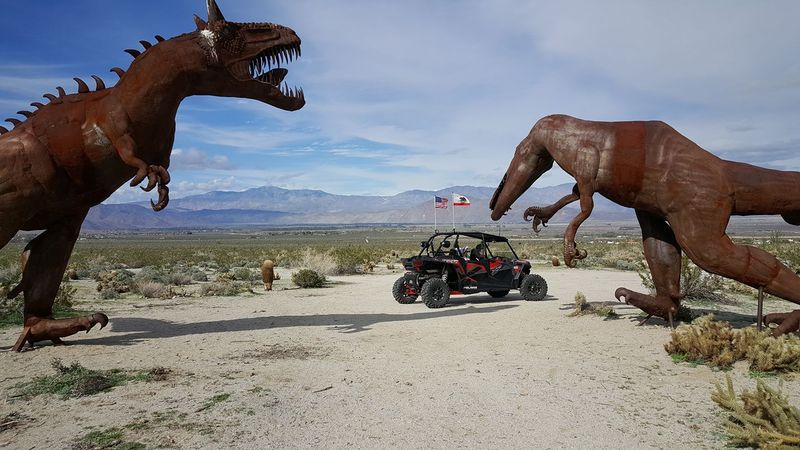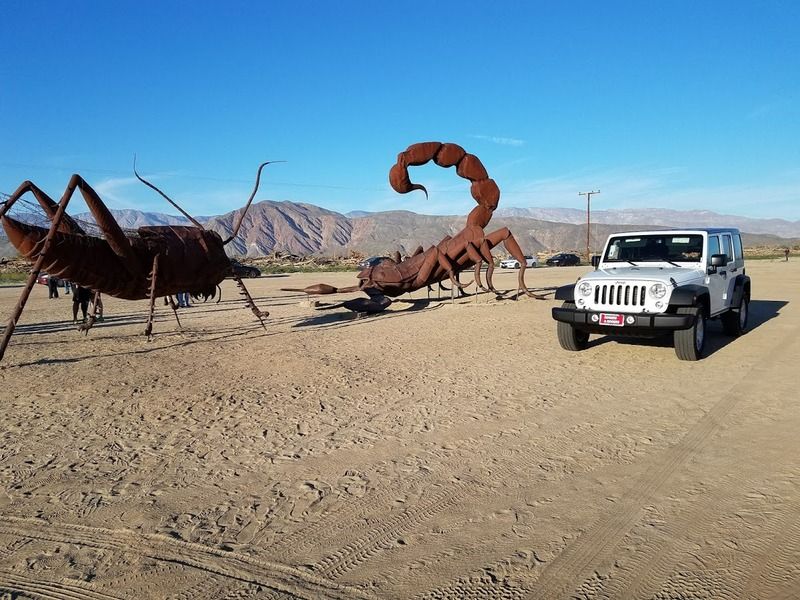Unless I misunderstand what you're writing, or you misunderstand what you bought , It looks like you may well have have what's called a "PPA" = Power Purchase Agreement. That's what most of Sunrun's business is. That is different than a lease.
If it is a PPA, the co. - in this case Sunrun - owns the system and will retain ownership under the agreement. Their system will be placed on your property and will produce electricity, all of which you will buy for the agreed upon price of $0.20/kWh.
If it's a lease, you'll pay that $230/month and get all the system production for that fixed price. In that case, If the system produces more than 14,038 kWh/yr., the cost /kWh from the system will be less.
Read the agreement to see if you have a lease or a PPA. They are different.
BTW, production guarantees are mostly a useless and cynical joke played on the solar ignorant by vendors. The numbers a system must meet are so low you're likely to trip over them, and the cumulative nature of the production requirements is such that I doubt any vendor has ever paid a production warranty claim. Then there's the nebulous area of the mark - excuse me- customer - not maintaining the system according to the agreement, which will of course, void any warranty claim.
As for the clothes dryer, two things:
1.) Run the dryer with the heating element off and see how long a load takes to dry. In The desert, @ 100 + deg. and dew points in the 40's, the lack of extra heat may be made up for by already hot, dry air. That worked fine for me in Albuquerque in the summer.
2.) Better yet, and probably best of all, unless you're in one of the few HOA's in Borrego, you're at ground zero for the most cost effective clothes dryer on earth : a clothes line.
Read the book, brush up on the difference between owning, leasing and PPA'ing, and when your done, get on the SDG & E website, take a very deep breath and start understanding tariffs, ways SDG & E can sell you electricity and how those tariffs work. It's a big PITA, but patience and a few hours can be very informative.
While you're at it, also see the SDG & E website about energy audits. In the desert or not, at 25,000 kWh/yr., you are a prime candidate for an energy audit.
If it is a PPA, the co. - in this case Sunrun - owns the system and will retain ownership under the agreement. Their system will be placed on your property and will produce electricity, all of which you will buy for the agreed upon price of $0.20/kWh.
If it's a lease, you'll pay that $230/month and get all the system production for that fixed price. In that case, If the system produces more than 14,038 kWh/yr., the cost /kWh from the system will be less.
Read the agreement to see if you have a lease or a PPA. They are different.
BTW, production guarantees are mostly a useless and cynical joke played on the solar ignorant by vendors. The numbers a system must meet are so low you're likely to trip over them, and the cumulative nature of the production requirements is such that I doubt any vendor has ever paid a production warranty claim. Then there's the nebulous area of the mark - excuse me- customer - not maintaining the system according to the agreement, which will of course, void any warranty claim.
As for the clothes dryer, two things:
1.) Run the dryer with the heating element off and see how long a load takes to dry. In The desert, @ 100 + deg. and dew points in the 40's, the lack of extra heat may be made up for by already hot, dry air. That worked fine for me in Albuquerque in the summer.
2.) Better yet, and probably best of all, unless you're in one of the few HOA's in Borrego, you're at ground zero for the most cost effective clothes dryer on earth : a clothes line.
Read the book, brush up on the difference between owning, leasing and PPA'ing, and when your done, get on the SDG & E website, take a very deep breath and start understanding tariffs, ways SDG & E can sell you electricity and how those tariffs work. It's a big PITA, but patience and a few hours can be very informative.
While you're at it, also see the SDG & E website about energy audits. In the desert or not, at 25,000 kWh/yr., you are a prime candidate for an energy audit.



Comment